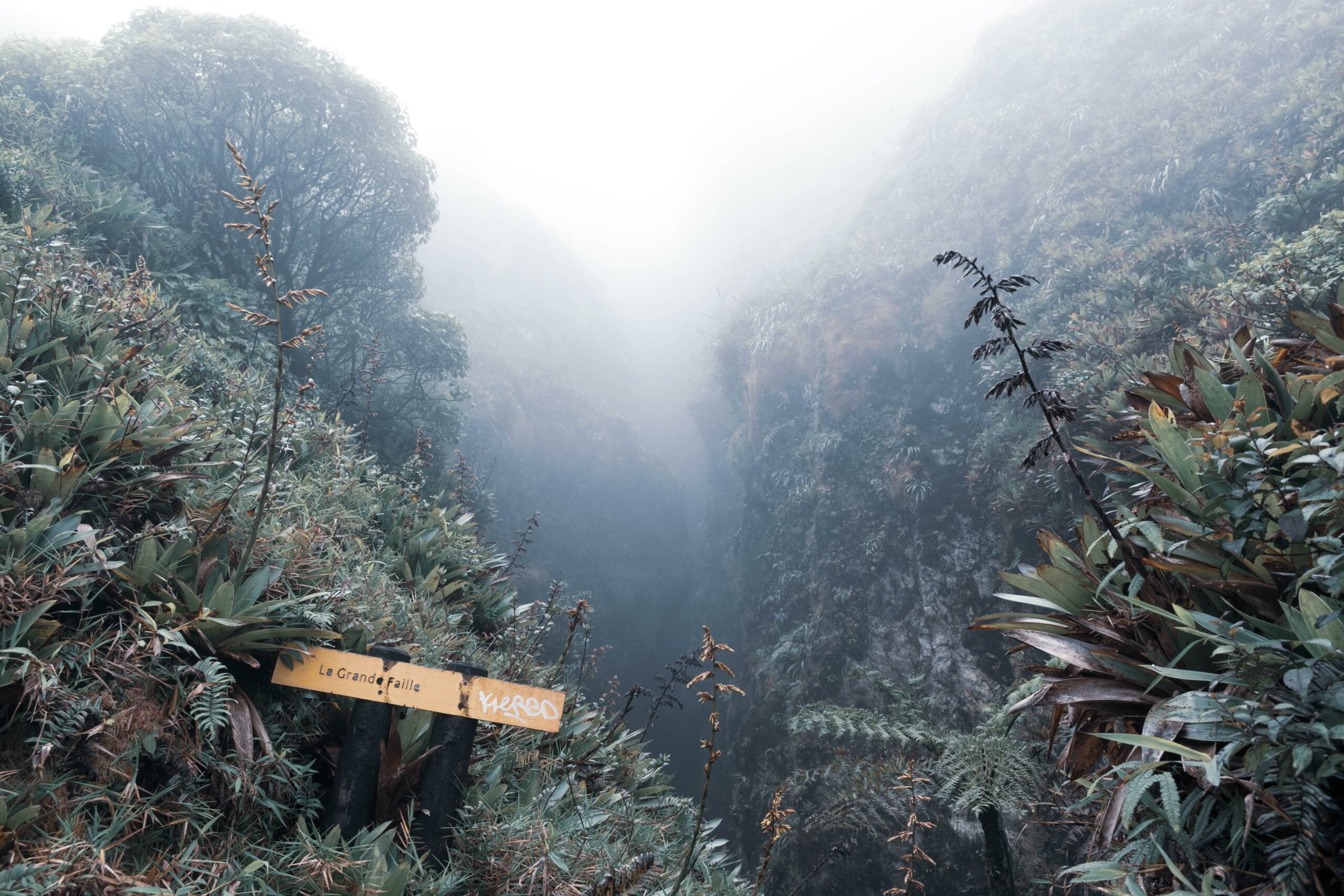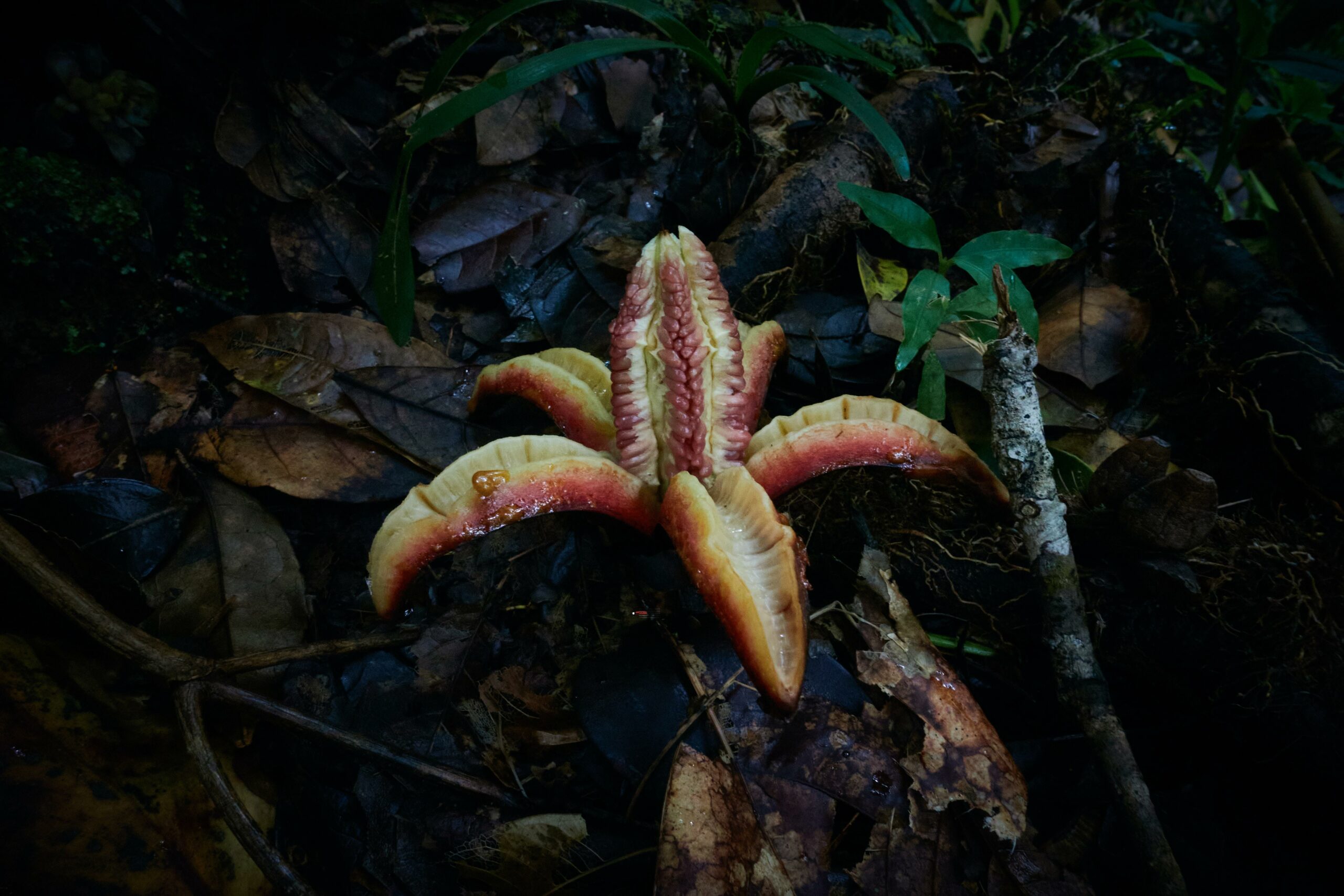Anticipate an immersive exploration of the intriguing historical narrative surrounding Guadeloupe, a Caribbean island that has experienced turbulent periods of colonialism, the slave trade, and cultural evolution. With extensive expertise in history and a deep interest in this captivating area, I am delighted to reveal the captivating narratives and intricate particulars that form the foundation of Guadeloupe’s history. By conducting thorough research, meticulous analysis of historical documents, and immersing oneself in the vibrant culture of Guadeloupe, the objective of this article is to offer an all-encompassing narrative of the significant events and influential factors that have molded the island’s history. Anticipate an edifying voyage through time as we unveil the concealed narratives of this captivating island.

History Of Guadeloupe
The historical narrative of Guadeloupe is an enthralling account of cultural evolution, slave trade, and colonialism. This picturesque island in the Caribbean has been profoundly impacted by a sequence of momentous occurrences, which serve as a testament to the fortitude and determination of its inhabitants.
Initial Encounters
Christopher Columbus encountered Guadeloupe by chance while on his second voyage in 1493. Nevertheless, the French did not establish a permanent colony on the island until 1635. Indigenous Carib Indians either escaped or were forced to contend with violent confrontations with the French upon their arrival, which ushered in a period of unrest.
Rule by France and Slavery
For more than two centuries, Guadeloupe was a French colonial possession. During this period, sugar plantations and the labor of enslaved Africans fueled the island’s thriving economy. Immense power was exercised by the plantation owners, who had firmly established slavery. The subjugated populace was subjected to indescribable tribulations, devoid of liberty and rights.
As a result of the French Revolution’s ideals, slavery was eradicated from Guadeloupe in 1794. This liberty, however, was brief, as in 1802, Napoleon Bonaparte reinstated slavery. His troops were tasked with recapturing the island and destroying any hopes of emancipation. This abhorrent action incited extensive indignation and opposition from the subjugated populace.
Changes in Power
The island’s course was significantly altered in 1810 when the British annexed it amidst the Napoleonic Wars. Guadeloupe was occupied by a succession of European powers for the subsequent six years, beginning with the British, then the Swedes, and finally the French. The frequent transfers of authority induced a climate of unpredictability and upheaval among the residents of the island.
During this period of unrest, the Guadeloupeans waged a struggle for their dignity and independence. They fought against the oppressive forces in an effort to attain independence and autonomy. Their perseverance came to symbolize the historical trajectory of the island.
Cultural Progression
Despite the enduring impact of colonialism and slavery, Guadeloupe’s history is replete with tales of cultural evolution and fortitude. Guadeloupeans were able to continue celebrating and preserving their rich heritage despite efforts to suppress it.
A profound amalgamation of African, European, and indigenous Carib influences characterizes Guadeloupean society. The island’s cultural diversity, encompassing enticing flavors of Creole cuisine and lively rhythms of Gwo Ka music, serves as a testament to the fortitude and ingenuity of its inhabitants.
Deciphering the background of Guadeloupe
An exploration of the historical context of Guadeloupe reveals the somber repercussions of colonialism and enslavement. However, it is also possible to observe the extraordinary achievements of resilient people who have succeeded in safeguarding their cultural legacy. The expedition to Guadeloupe stands as a testament to the unwavering determination of the human spirit and underscores the significance of perseverance when confronted with hardship.
“The history of Guadeloupe is a tapestry woven with the threads of oppression and resilience, each strand telling a story of struggle and triumph.”
Guadeloupe is an intriguing locale that provides an abundance of attractions. Guadeloupe possesses an abundance of intriguing facets, ranging from its paradisiacal coastlines to its dynamic cultural milieu. It is worth noting that Guadeloupe comprises an archipelago that spans across five islands. A fantastic method of discovering this magnificent location is to travel between the islands, each of which has its own unique allure and attractions. If you’re curious to learn more about the intriguing facts and hidden gems of Guadeloupe, click here: interesting facts about Guadeloupe. You won’t be disappointed by the captivating stories and breathtaking discoveries that await you in this Caribbean paradise.
Guadeloupe, an aesthetically pleasing island situated in the Caribbean Sea, has gained renown for its intriguing historical significance and mystifying past. An exploration of Guadeloupe’s historical background reveals an intricate fabric of captivating narratives and critical junctures. From the era of colonialism to the repercussions of slavery, the history of Guadeloupe is an indispensable element in the Caribbean tapestry.
A comprehensive comprehension of Guadeloupe necessitates knowledge of its historical events. An examination of the historical records of Guadeloupe will reveal its turbulent colonial period as well as its current struggles and triumphs. Unveil the captivating stories of Guadeloupe’s historical events by clicking here: Guadeloupe historical events.
The colonial past of Guadeloupe paints a vivid picture of the island’s evolution. Diving deeper into this historical journey exposes the influences and legacies left behind by the various colonial powers. Discover the vibrant tapestry of Guadeloupe’s colonial past by clicking here: Colonial Past of Guadeloupe.
No discussion about Guadeloupe’s history would be complete without acknowledging the profound impact of slavery. Unravel the narratives of struggle, resilience, and cultural heritage that arose from the impact of slavery in Guadeloupe. Experience the depth of emotion and historical significance by clicking here: Impact of Slavery in Guadeloupe.
Embark on a captivating journey through Guadeloupe’s compelling history. By clicking on these links, you will unlock a wealth of knowledge and appreciation for the island’s heritage. Discover the stories that shaped Guadeloupe into the enchanting destination it is today.
Black History in Guadeloupe: An Overview
The Initial Settlements and the Slave’s Legacy
A long and complicated history has shaped the island of Guadeloupe in the Caribbean, which has been influenced by the advent of numerous European powers, the exploitation of enslaved Africans, and the struggle for freedom and autonomy. During his second voyage in 1493, Christopher Columbus made the remarkable discovery of Guadeloupe. Subsequent to disputes with the indigenous Carib Indians, the French established a permanent settlement on the island in 1635.
Guadeloupe’s economy was predominately reliant on sugar plantations, which were in turn highly dependent on the labor of enslaved Africans. The institution that had been abolished in 1794 was reinstated in 1802 by Napoleon Bonaparte, which infuriated the enslaved populace. The Guadeloupeans arduously pursued their independence and liberty, with resistance figure Louis Delgrès spearheading a rebellion against the reestablishment of enslavement.
Altering professions and cultural factors
Guadeloupe was occupied by numerous European powers throughout the Napoleonic Wars, which caused great unpredictability and disruption. Despite this, the inhabitants of the island persisted in their opposition to colonial governance. Guadeloupe has preserved and celebrated its rich cultural heritage, which was influenced by African, European, and Carib traditions, despite the wounds of colonialism and slavery.
In contemporary Guadeloupe, the African influence is evident in numerous facets of existence. A unique linguistic characteristic, the dialect of French Creole arose from the interactions beinteractionsltures. The zuk and compa musical genres exemplify the dynamic rhythms and sounds thatrhythmstheir origins in African customs. In addition, Guadeloupean cuisine incorporates a variety of African-influenced dishes, including the infamous Carnival and Yaman, okra, and others.
Recognizing the Past and Historical Preservation
Guadeloupe formally ceased to be a colony and was elevated to the status of adepartment department of France in 1946, thereby strengthening its relations with its former colonial authority. The Memorial Act, which was erected in 2015, functions as a museum devoted to the historical account of the slave traffic in collaboration with UNESCO’s slave route initiative. This action underscores the significance of recognizing historical atrocities while simultaneously advocating for consciousness and comprehension.
Guadeloupe’s history is one of resiliency and oppression, demonstrating the ingenuity and fortitude of its inhabitants. Notwithstanding its tumultuous history, Guadeloupe continues to serve as a symbol of its residents’ perseverance and resolve to safeguard their cultural legacy. Guadeloupe, by virtue of its dynamic musical landscape, gastronomy, and continuous endeavors to honor the enduring consequences of enslavement, serves as an emblematic representation of fortitude and the cohesive strength of cultural identity.
The history of Guadeloupe is intricately linked to the challenges and achievements of its inhabitants. “Since the arrival of Europeans until the resistance against slavery, the island’s history has continued to influence and motivate its present and future.”
FAQ
When was the island of Guadeloupe initially discovered and settled?
Response 1: Guadeloupe was identified by the French in 1635 after its discovery in 1493.
What transpired with the Carib Indians, who were the indigenous people of Guadeloupe?
Response 2: The majority of the Carib Indian native population either escaped the island or perished in engagements with the French.
Question 3: When did Guadeloupe become a French Republic Overseas Department?
Answer 3: From 1946 until its transformation into an1946,rseas Department of the French Republic, Guadeloupe was a French colony.
Question 4: What transpired regarding the governance of enslaved individuals in Guadeloupe?
4. Prior to 1802, when Napoleon Bonaparte dispatched forces to reta1802,he island and reinstate slavery, the island was predominantly ruled by slaves.
Question 5: Which nations succeeded the French in their occupation of Guadeloupe?
Answer 5: Following another British conquest in 11810, Guadeloupe was occupied by the British, Swedes, and then the French for the next six years.
- Sept 31 Myth: Unveiling Calendar Secrets - March 18, 2025
- How Long & Till December 18, 2025: Accurate Countdown Guide - March 18, 2025
- Discover Japanese Artists: A Complete History - March 18, 2025
















